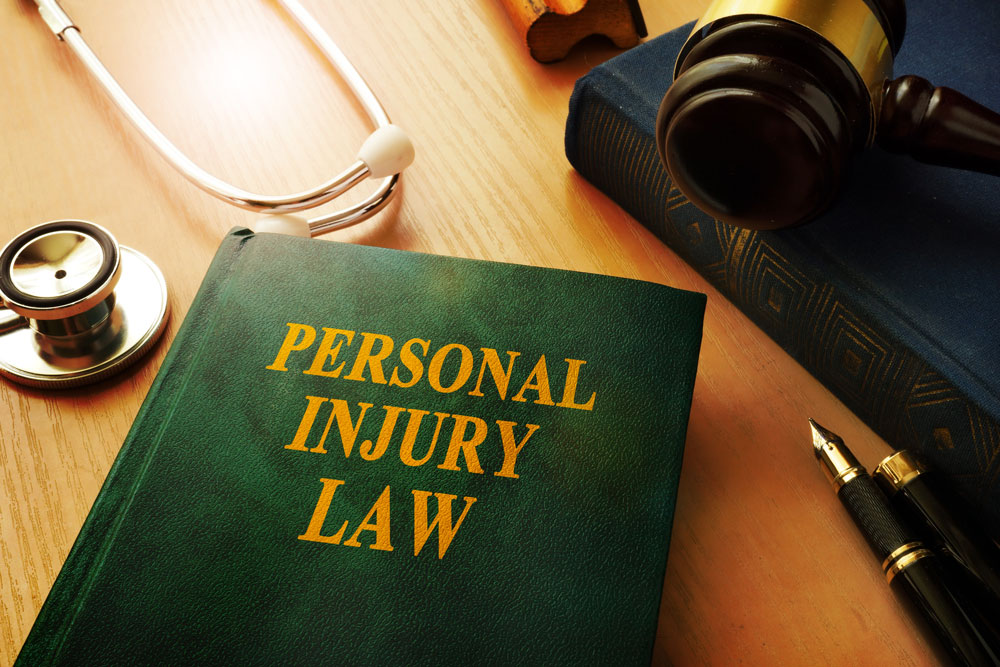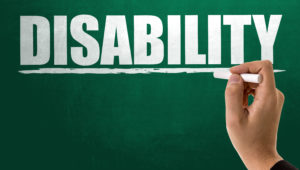So what is a revocable living trust? A trust is a legal written agreement between various individuals: The individuals involved include the trustmaker, who is the person that creates the trust agreement (also commonly referred to as the grantor, trustor or settlor); the trustee, who is the person that manages the trust assets; and the beneficiary(ies), who are the individuals or entities that receive the benefits or assets held by the trust.
In a revocable living trust, the trustmaker serves as the initial sole trustee and is the sole beneficiary of the trust during his or her lifetime. The trust is considered revocable because it may be amended or revoked by the trustmaker until death. At death, the trust becomes irrevocable and the successor trustee then manages and disposes of the trust assets according to the provisions of the trust agreement.
For some reason, revocable living trusts have become extremely popular in recent years. Often, they are marketed as a way to avoid probate and shorten the administration process. Perhaps in New York, California or Florida they may be a good idea, but in Pennsylvania the situation is different. Often the associated costs and the process in preparing a revocable living trust may not justify its creation. So, before you insist on including a revocable living trust as part of your estate plan, it’s important to understand what a revocable living trust can and cannot do.
Do not fear Probate. In Pennsylvania, probate is not the costly, time consuming nightmare that everyone fears. Probate is the process by which a Will is proven to be a valid. The process begins when the person appointed as Executor in a Will appears before the Clerk of the Register of Wills and files the original Will, the death certificate, and a Petition for Grant of Letters Testamentary. The clerk will examine the documents, confirm the person’s identity and request the soon to be Executor to take an oath of office. If the paperwork is in order, the process is smooth and can take less than 15 minutes.
Cost of Probate. Pennsylvania probate fees are based on the size of the probate estate. The probate estate includes those assets that pass pursuant to the terms of a Will. Probate assets do not include assets with beneficiary designations such as life insurance policies, 401(k) funds, and IRAs, assets titled jointly, or assets with payable on death or transfer on death designations. The assets that do pass pursuant to a Will and, therefore, are subject to probate include household personal property, vehicles, non-joint bank accounts, and property titled solely in the name of the decedent. Once non-probate assets are removed from the calculation, the cost of probate is actually not that expensive. So, for example, a probate estate ranging in value between $300,001 to $400,000 results in a probate fee of $375.00 as of 2015, which is significantly lower than the cost of preparing a revocable living trust.
Administration Process. Whether a decedent’s assets pass pursuant to the terms of a Will or a revocable living trust, the administration process takes time and costs money. The personal representative (trustee or executor) will need to consider the liquidity of the estate, management of the assets, and tax consequences from the sale and distribution of the assets. As part of an estate administration, whether a revocable living trust or a Will is involved, the representative will likely need to consider:
- Payment funeral and burial costs
- Selling or leasing real or personal property
- Payment for the preparation for the sale of real party, such as cleaning or painting
- Filing estate and inheritance tax returns
- Paying creditors
- Keeping detailed and accurate records
- Providing notice to the beneficiaries
All these tasks take time. The administration process cannot be shortened or avoided just by creating a revocable living trust.
Estate, Inheritance and Income Taxes. A person does not avoid the payment of federal estate taxes, Pennsylvania inheritance taxes, income taxes or any other taxes simply by creating a revocable living trust. The trustee of the Trust is still responsible for filing the estate and inheritance tax returns and payment of the death taxes associated with those returns. Planning techniques designed to minimize those taxes are available regardless of whether a revocable living trust or Will is used.
No Asset Protection. A revocable living trust does not provide protection against creditors or shelter assets from legal claims such as bankruptcy or divorce. As long as the trustmaker maintains control over the trust property, the law still considers the trustmaker the owner of the trust property. Examples of control include the ability to amend or terminate the trust at any time. Control also includes the ability to put property in the trust, take it out, sell it, or give it away at any time with no restrictions. Since the trustmaker is still considered the legal owner of the trust property, a court can force the termination of the trust and distribution of the trust assets to creditors.
A Living Trust cannot hold all Assets. A living trust cannot hold all asset types. For example, accounts such as 401(k)s, IRAs or Roth IRA’s cannot be transferred into a living trust. These assets can only be owned by an individual, not a business, trust or other entity. Nor can a revocable living trust own life insurance (the settlor will be deemed the owner at death). Instead, retirement accounts and life insurance proceeds should be allowed to pass pursuant to their beneficiary designations. At death, perhaps, the proceeds of these assets can be transferred into a trust, if proper planning techniques are used, but these same techniques are available under a properly drafted Will.
Last Will & Testament. Even if you have a revocable living trust, a Last Will and Testament is still needed to ensure that all assets are distributed pursuant to the provisions of a living trust. Unlike a Will, the ownership of assets of a trust are determined by title. For example, a bank account owned by a trust would be titled under the trust’s name. An often-overlooked step is assigning tangible personal property (i.e., jewelry, paintings, household furnishings) to a trust. Since this type of property does not have a written title associated with it, title cannot be transferred to a trust; rather, the property must be assigned. Another overlooked step is making sure all assets are transferred to the Revocable Living Trust. If an asset is missed and there is no Will, then Pennsylvania intestate laws are triggered, and that asset will pass pursuant to those laws.
When is a Revocable Living Trust a Good Idea? A revocable living trust may be a good idea in certain situations. The first situation arises where an individual owns real estate in another state. By holding the real estate under a revocable living trust, ancillary probate may be avoided. But other ramifications should be considered before a transfer is made. Does the real estate contain a mortgage with a “due on sale” clause? If so, the transfer of the real estate to a revocable living trust may accelerate the mortgage. The Garn-St. Germain Act, a federal law, prohibits mortgage acceleration in several situations, including the transfer of residential property containing less than five dwelling units into a revocable living trust. In addition, keep in mind that once the real estate is transferred into the trust, lenders may not provide new financing while the real estate is held by the trust. Instead, a person may need to jump through several hurdles to secure new financing, including the transfer of the property out of trust to secure the financing and then the transfer back into the trust once financing is secured.
The second situation arises when a person already has a properly funded revocable living trust. Usually these individuals are moving from states that have time consuming and expensive probate, such as Florida, California or New York to Pennsylvania. At that point, it would likely be costlier to unwind the trust rather than amend it.
If you have any questions about living trusts, please contact Mary R. LaSota at (215) 345-8888 or mlasota@highswartz.com. Or contact any of our estate attorneys in Bucks or Montgomery Counties. Our Wills, Trusts & Estates attorneys provide comprehensive legal services to assist in all of these matters.
The information above is general: we recommend that you consult an attorney regarding your specific circumstances. The content of this information is not meant to be considered as legal advice or a substitute for legal representation.




